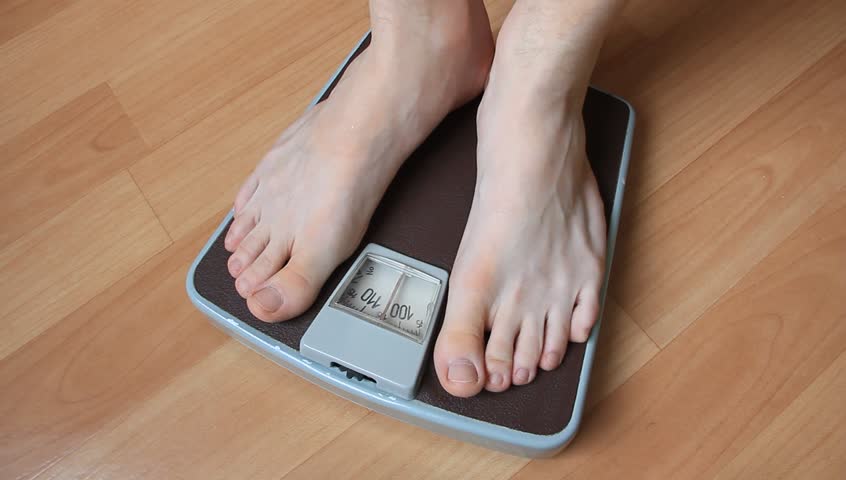Hello there, how are you doing today? We have an interesting question to ask you today; have you ever wondered where on Earth will you weight the most? Welcome to yet another interesting and wonderful YouTube video. The video is from a YouTube user, Joe Hanson, and explains why a kilogram of feather on the North pole weighs more than a kilogram of steel on the equator.

Many of us make a common mistake of thinking that weight and mass are interchangeable. That is just a fancy way of saying that they both are the same. However, in reality, they both are very different. The mass is constant regardless of where you are, whereas; the weight is a force that you or anything exerts because of the stuff that is inside it. It implies that weight is not constant but will vary depending upon the pull of the gravity on the mass. That is to say that weight will vary based on the gravity that you are experiencing.
Most of the time, this difference doesn’t really matter. Given that you stay on Earth and don’t move to the moon. Why? Because the gravitational pull of the moon is lesser than that of Earth. So, you will weigh less on the moon despite having the same mass. However, this difference in weight exists when you consider the same masses at the north pole and at the equator. In fact, a mass of 1kg of feathers on the north pole will weigh in at a value that is higher than the weight of a 1kg of steel at the equator.

Sounds crazy, right? But if you want to learn about the physics behind this phenomenon, check out the video below. The video is from It’s Okay To Be Smart and will explain the underlying concepts in a direct and simple manner. Joe Hanson provides a clear and detailed explanation that will help you differentiate between mass and weight.


